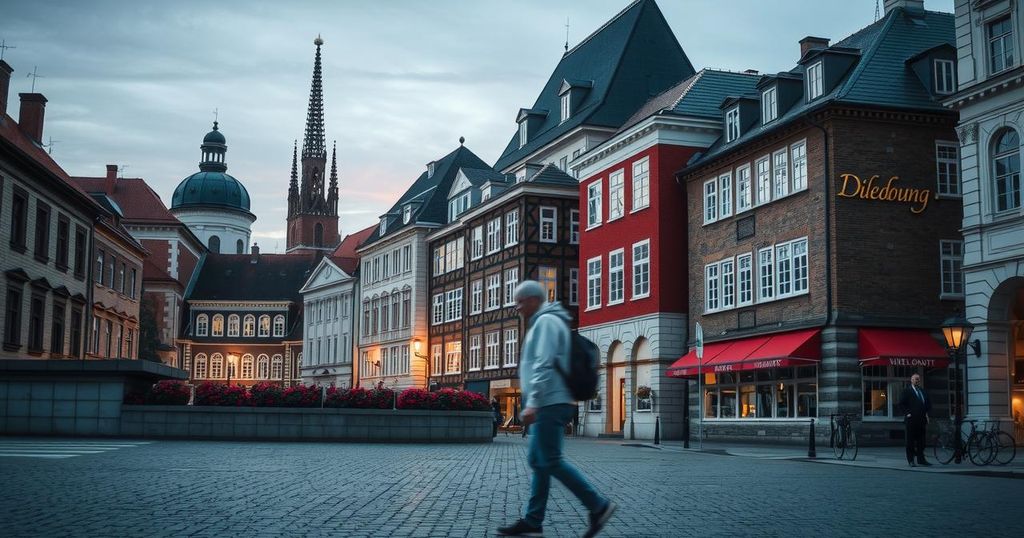World news
ALICE WEIDEL, ANTISEMITISM, ASIA, BENJAMIN HÖHNE, BRANDENBURG, CHRISTIAN DEMOCRATS, DOMINIK KAUFNER, DW, EUROPE, EUROPEAN IDENTITARIAN NETWORKS, EUROPEAN UNION, GERMANY, LOWER SAXONY, MARTIN SELLNER, NORTH RHINE - WESTPHALIA, PARLIAMENTARY ELECTIONS, POLITICS, POPULISM, SPD, SVEN TRITSCHLER, SYRIA, TECHNICAL UNIVERSITY, WORLD WAR II
Sofia Rodriguez
0 Comments
Impact of Magdeburg Attack on German Political Landscape Ahead of Elections
The Magdeburg Christmas market attack has ignited a wave of political exploitation, particularly by right-wing factions like the AfD. The suspect, Talib A., has been linked to migration debates as politicians blame rivals for security failures. This incident may significantly shape the narrative leading into the upcoming federal elections, as right-wing rhetoric gains traction amidst public fears over safety and immigration policies.
The tragic attack at the Magdeburg Christmas market, which resulted in at least five fatalities, has spurred a swift reaction from various political factions within Germany. Within an hour of the incident, false narratives emerged, alleging multiple attackers and bomb involvement, largely propagated by group leaders from the far-right. These disinformation efforts coincided with the ongoing political tension as federal elections approach, with right-wing politicians immediately linking the event to migration issues. The suspect, Talib A., a Saudi citizen residing in Germany since 2006, holds contentious views and demonstrates some alignment with the rhetoric of the Alternative for Germany (AfD) party, which has exploited the tragedy to push their restrictive migration agenda. Politicians from the AfD have unequivocally criticized rival parties in connection with the attack, blaming the established parties for lax immigration policies that they argue have led to security vulnerabilities.
The recent events in Magdeburg are set against a backdrop of heightened political scrutiny regarding migration and public safety in Germany. Institutions and political parties are grappling with security implications, especially given noted increases in fatal incidents. A political scientist has observed a distinct shift towards right-wing narratives, exacerbated by catastrophic events. The implications of this attack potentially influence the forthcoming federal elections, escalated by right-wing parties capitalizing on public fear and dissatisfaction.
The Magdeburg attack presents a crucial moment within the context of impending federal elections in Germany. It highlights the intersection between security concerns and migration policy debates. Right-wing groups are seizing the opportunity to amplify their messages, leading to a potential shift in public discourse towards more stringent immigration policies. The incident underscores the need for the German government to navigate these politically charged discussions with care, ensuring a balanced approach that addresses both security and humanitarian considerations.
Original Source: www.dw.com




Post Comment